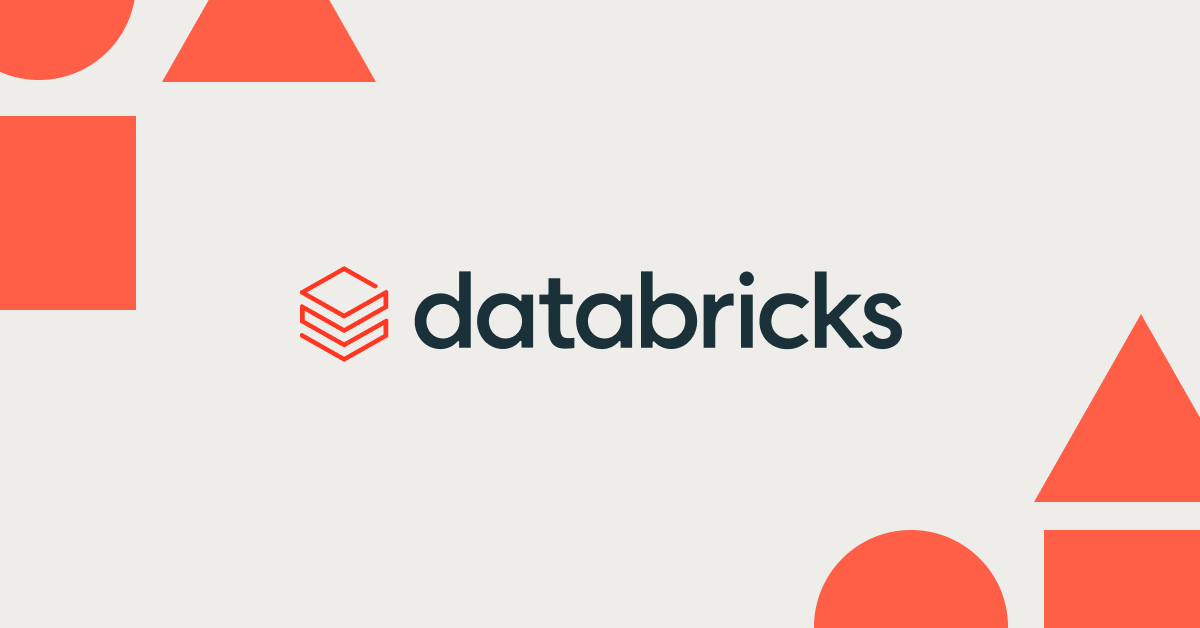Celtra Scales Big Data Analysis Projects Six-Fold with Databricks

We are thrilled to announce that Celtra selected Databricks to scale its big data analysis projects, increasing the amount of ad-hoc analysis done, six-fold.
Celtra provides agencies, media suppliers and brand leaders alike with an integrated, scalable HTML5 technology for brand advertising on smartphones, tablets and desktop. The platform, AdCreator 4, gives clients such as MEC, Kargo, Pepsi and Macy’s the ability to easily create, manage, and traffic sophisticated data-driven dynamic ads, optimize them on the go, and track their performance with insightful analytics.
A wide variety of data is collected by Celtra, including data related to internal company processes, data based on the usage of the product by clients and, most importantly, data focused on the engagements of consumers with their clients’ ads. In addition to providing analytics to its clients, Celtra is constantly exploring new ways to leverage this information to improve their offering.
As Celtra’s business grew, it was challenged to meet the corresponding increase in demand for analytics because of its diverse data sources, terabyte scale data, and small analytics team. It needed a powerful data platform that was capable of integrating data from disparate data sources while being fast enough to support interactive analysis at terabyte scale. This platform must also be user-friendly enough to empower teams outside of analytics to perform analysis themselves, and to remove the bottleneck created by their small analytics team.
With the adoption of Databricks, Celtra has enabled teams from Engineering, Product Management, and QA to perform complex data analysis on their own, leveraging the massive production data to improve product design, address anomalies rapidly, and fine-tune the performance of production systems.
Databricks provided Celtra with a number of critical business benefits:
- Increased the amount of ad-hoc analysis done six-fold, leading to better informed product design and quicker issue detection and resolution.
- Reduced the load on the analytics engineering team by expanding access to the number of people able to work with the data directly by a factor of four.
- Increased collaboration and improved reproducibility and repeatability of analyses.
- Reduced the cost of cloud infrastructure through faster and easier management of Apache Spark clusters.
Download this case study learn more about how Celtra is using Databricks.
Never miss a Databricks post
What's next?

Product
November 21, 2024/3 min read
How to present and share your Notebook insights in AI/BI Dashboards

Technology
December 9, 2024/6 min read